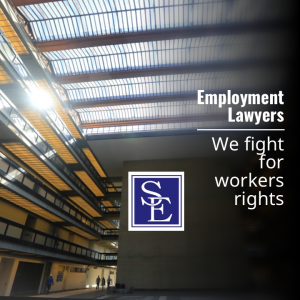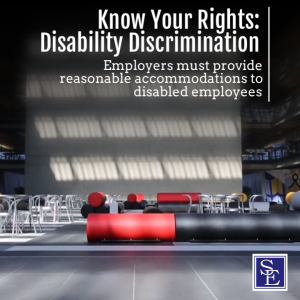The FIFA Women’s World Cup has captivated the attention of nations around the world, and the United States is no exception. With the group stage coming to a close this week, the U.S. Women’s National Team (“WNT”) has already demonstrated dominance in their first two games, beating Thailand and Chile by a combined score of 16-0. As the WNT’s World Cup successes have increasingly dominated headlines, the team’s recent lawsuit filed against their employer, the U.S. Soccer Federation, Inc. (“USSF”), has attracted increased attention as well. While the team battles to defend their FIFA World Cup title on the pitch, they battle in court to defend their rights, and the rights of women nationwide, to receive equal pay for equal work.
The law has long been that all people in the United States are entitled to equal pay for equal work (regardless of gender, race, or any other protected characteristic), as well as fair employment standards and work conditions. These protections were established with the passage of the Equal Pay Act of 1963 and Title VII of the Civil Rights Act of 1964 and can be traced back to 1868 and the adoption of the Fourteenth Amendment to the United States Constitution. According to their Complaint, for decades the WNT has endured grossly unequal pay and inferior working conditions in comparison to the Men’s National Team (“MNT”). This has continued despite the fact that the WNT is demonstrably more successful and produces comparable revenue to the MNT for the USSF, which employs both the WNT and the MNT.
The Complaint filed by the WNT details the pay gap that exists between the two teams. It explains that if a male and female national team player each played 20 exhibition games in one year, the male player would earn an average of $263,320 while the female player would earn a maximum of $99,000. Male players who try out for and earn a place on a World Cup team earn $55,000, while female players only earn $15,000 for the same accomplishment. In 2014, the USSF provided the MNT with performance bonuses totaling $5,375,000 for losing in the Round of 16. By contrast, the WNT only earned $1,725,000 for winning the entire tournament. Despite advancing three rounds further that the MNT, and ultimately winning the entire tournament, WNT players earned less than a third of what the MNT players earned.
 New Jersey Employment Lawyers Blog
New Jersey Employment Lawyers Blog








